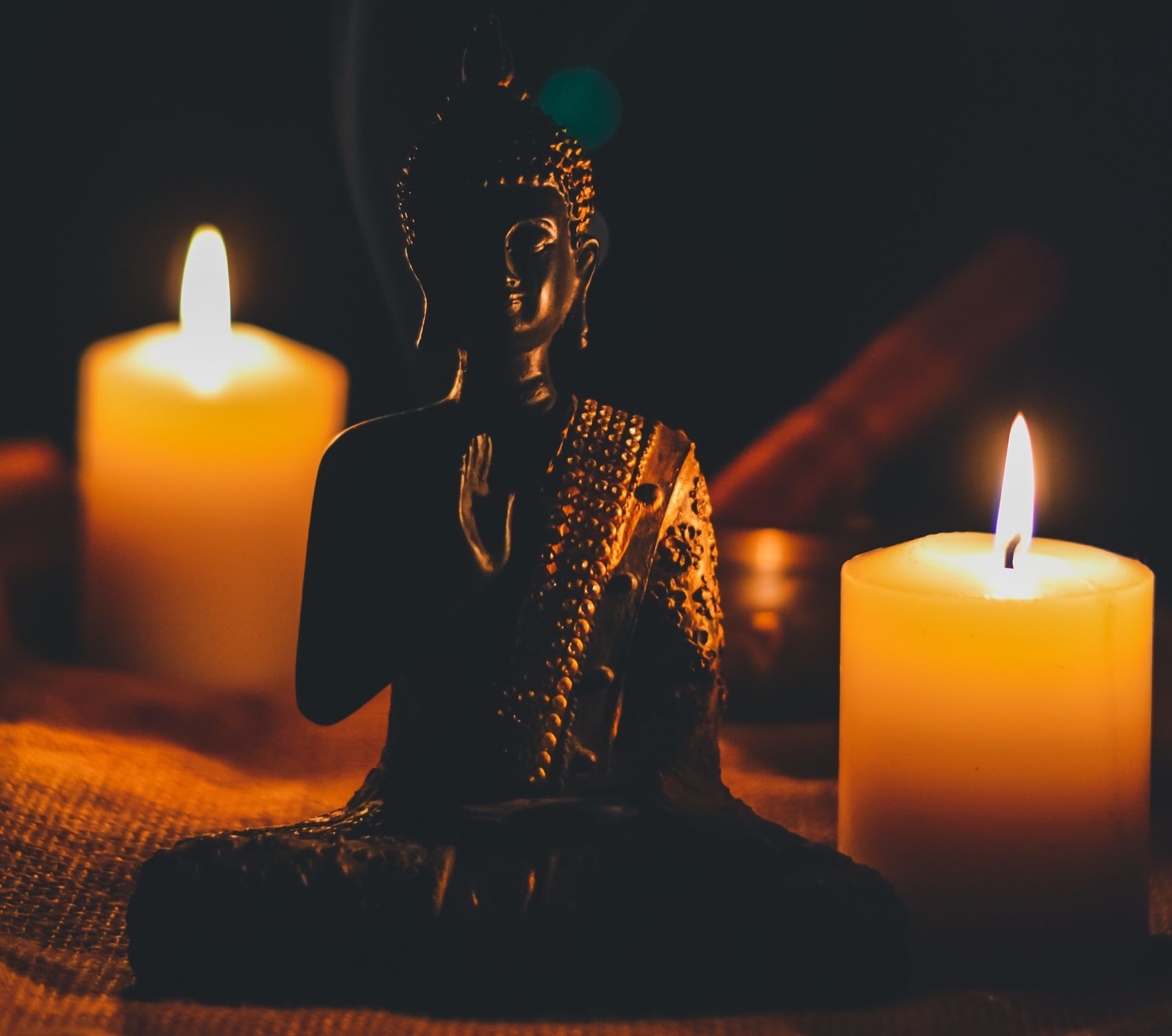

There are two ways to overcome unwholesome thoughts and emotions:
The first is to practice instantly recognizing negative thoughts and emotions and trying to let them go. This is the orientation of W.I.S.D.O.M., the constant practice of meditation, mindfulness, investigation and effort as presented in my books.
The second is to transform today in such a way that unwholesome thoughts and emotions cease to arise tomorrow. This is the royal road, but a lifelong task just as the first practice.
The corona crisis offers great opportunities. Many of us have to stay at home, we can begin to question old behavioral patterns and develop new habits. Now is the time to increase our awareness and to pay attention to how our feelings influence our thoughts and actions.
In the following weeks I will therefore be offering practices for the development of joy, compassion, love and equanimity on this webpage.
Daily contemplation
Perform this practice upon getting up and/or before going to bed.
Consider the following questions in writing or in contemplative meditation:
– How am I doing today?
– Do I have fears, worries and/or hopes?
– How was this yesterday?
– How was this a week ago?
Commentary:
With this exercise you can realize the coming and going of thoughts and feelings.
This can lead to the experiential insight that they constantly come and go and have a beginning, a middle and an end. The realization that even unpleasant experiences always cease provides us with a sense of security and trust in the flow of life.
However, if you have the impression that your feelings do not change, especially when there are predominantly negative thoughts and emotions, try again and again to ‘step out’ of them or at least interrupt them. It is important to deal with them consciously. You have to ‘look them in the face,’ otherwise there is the danger of unconsciously suppressing them. This is no good, since they will continue to rumble in the background and may manifest as disease or physical and mental illness.
There are several possibilities for dealing with negative thoughts and emotions with awareness:
– Ground yourself
– Replace feelings and thoughts
– Practice W.I.S.D.O.M.
Grounding – how to deal with fear
Grounding oneself makes it possible to interrupt negative thought spirals.
Lie down in bed or another form of support and simply feel yourself lying there. Note the contact of the body and the support. Be aware: “This is lying down; this is what lying here feels like.” You can also recite these words out loud.
If there are fears or worries, also recite quietly or aloud:
– The fear arises only from myself.
– The fear does not arise from outside.
– I am the cause of my fear.
– Try to accept your own fear by saying to yourself: “I love my fear.”
Commentary: To love our own fear, which is so highly unpleasant, seems paradoxical at first. However, the time will come when we realize what lies behind this fear and that it continues to reappear. Psychological fear also arises when the unconscious allows for new experiences to arise while we continue to resist this process with inner or outer thoughts and arguments. Once we have recognized that behind fear also lies a readiness for the new, it becomes possible to love our own fear. After all, fear is also a protective mechanism to avoid overwhelm.
Under no circumstances try to suppress or push away the fear. This would of no help. Fear does not cease by disliking it, but by accepting it. This is facilitated by recognizing what lies behind the fear, by ‘looking into its face.’ For this, however, we have to give it space and not wish it away. That is not effective in any case.
Other forms of grounding
– Take a warm bath
– Eating and drinking
– Physical activities: Gardening, cleaning, cooking …
– Creative activities: Music-making, painting, writing …
– Embodied expression: Dynamic meditation, dancing, sexuality …
– Meditation
– Mindfulness exercises
Absolutely avoid:
– Nicotine
– Alcohol
– Medication
– Drugs
These practices and instructions will be continued for the duration of the corona crisis